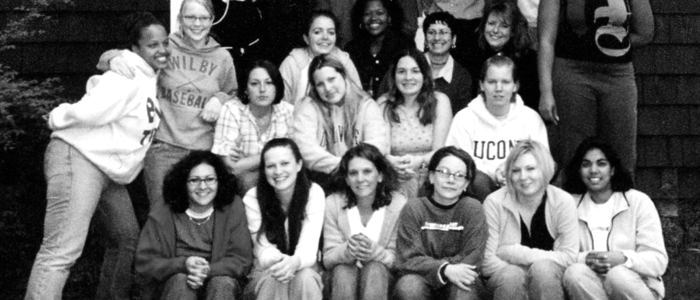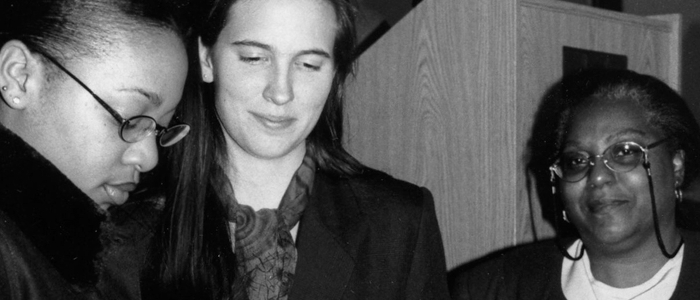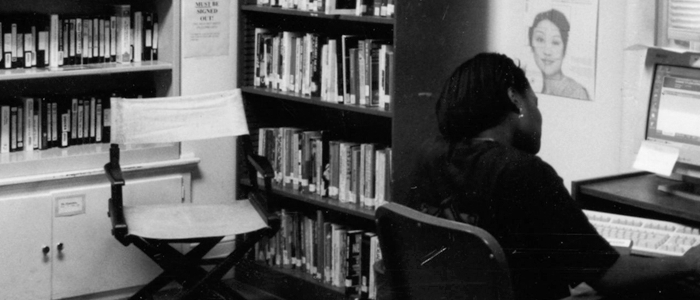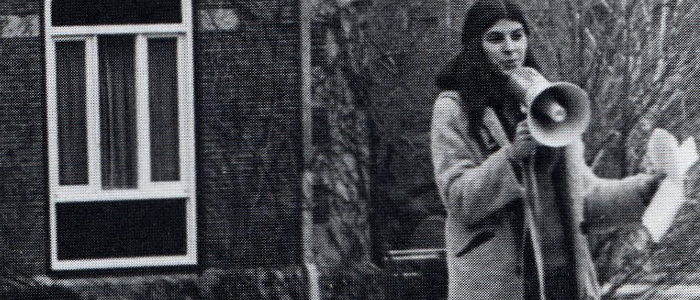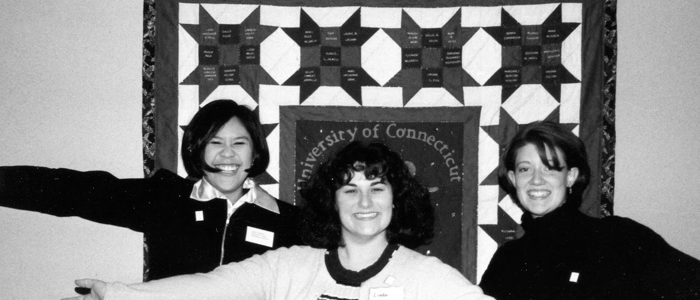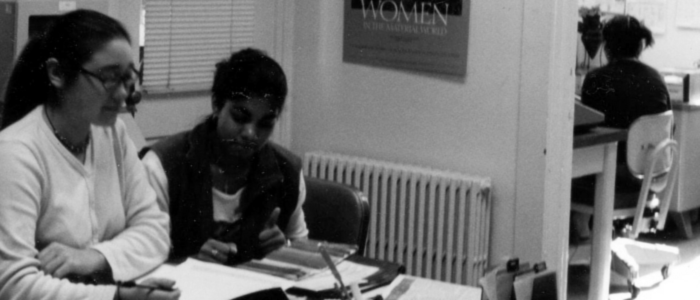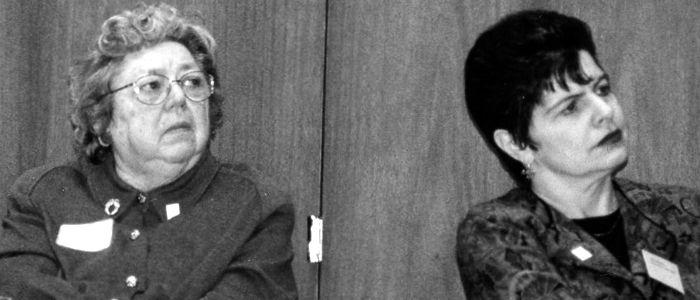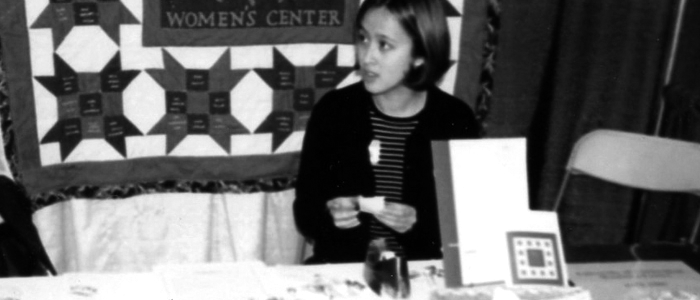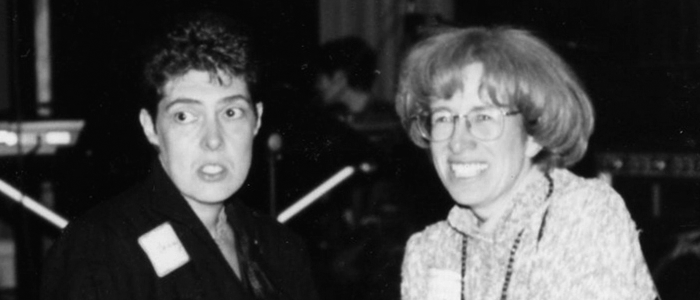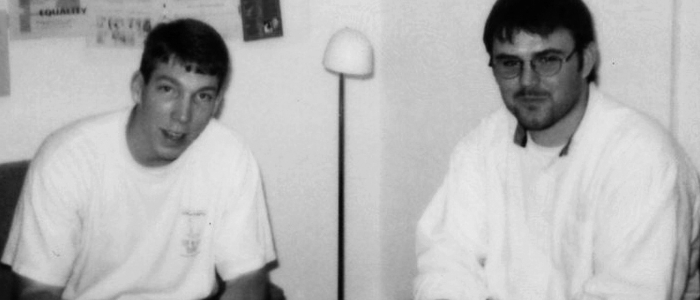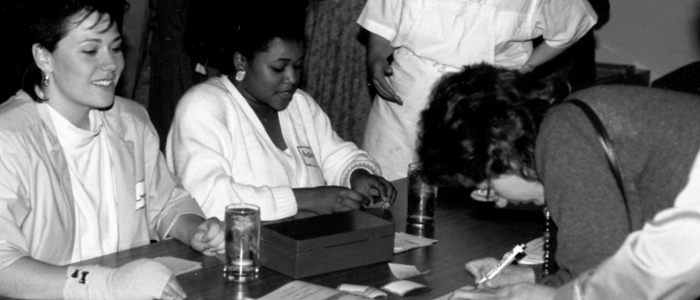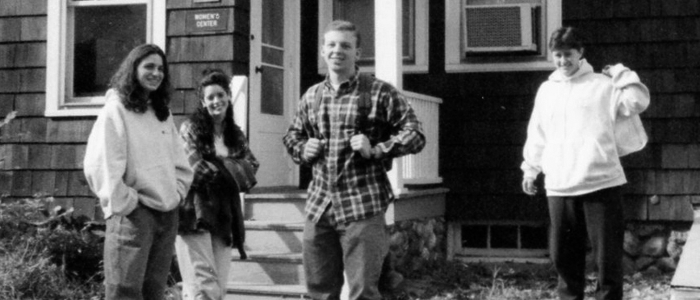The Women’s Center was formally established in 1972, although our existence is clearly thanks to the dedication and activism of the feminist community which was well established before that. Here is a portion of the story, but we know that this could not reflect the diversity of perspectives and voices of all of those who were involved.
Bolstered by the national climate of the civil rights movement and the women’s liberation movement, a group of students, faculty, and community members began organizing in the late 60’s in an effort to raise awareness of the issues facing women on campus. This led to the formation of the Free Women’s Collective in 1972, which had establishing a Women’s Center as a primary goal. In March of 1972, Elizabeth (Betty) Roper, the Director of the Continuing Education for Women program provided temporary space in the Bishop Center for the Center. She also was responsible for overseeing the hiring of the first full-time Director.
In the first two years of our existence much of the focus was on providing permanent and adequate space for the Center. At the same time, there were several critical moments of feminist activism occurring on campus around accessible facilities, affirmative action, and discrimination. As part of that activism, a number of collectives formed. These collectives brought together individuals who were interested in and/or impacted by specific identities or life circumstances. They included the Black Women’s Collective, the Child Care Collective, the Counseling Collective, the Lesbian Collective, the Library Collective, and the Writers’ Collective. Over time these collectives became either the foundation for free-standing organizations, such as the Rape Crisis Collective which became the local sexual assault crisis center, or were integrated into what is now known as the Women’s Center’s Board of Advisors. Our commitment to creating space for dialogue among and between identity groups continues in the work of our Women’s Advance Conference Planning committee and our Women of Color Events Planning committee.
Our herstory tells the story of what can happen when we build alliances and support networks in the name of social justice. We hope that if you find something in our herstory or our current work that speaks to you, that you will stop by the Center and explore the community that celebrates women’s diversity and strengths, while actively confronting societal challenges and obstacles through activism sand change.
